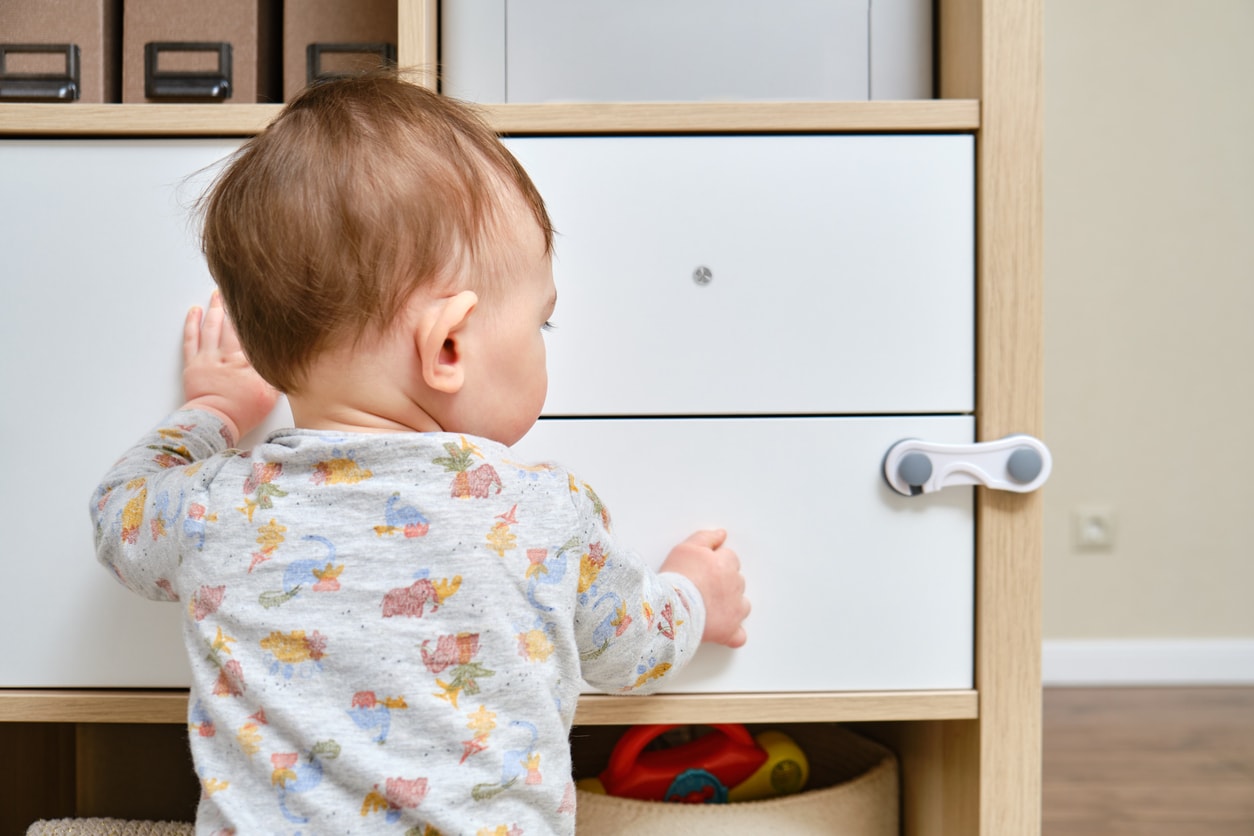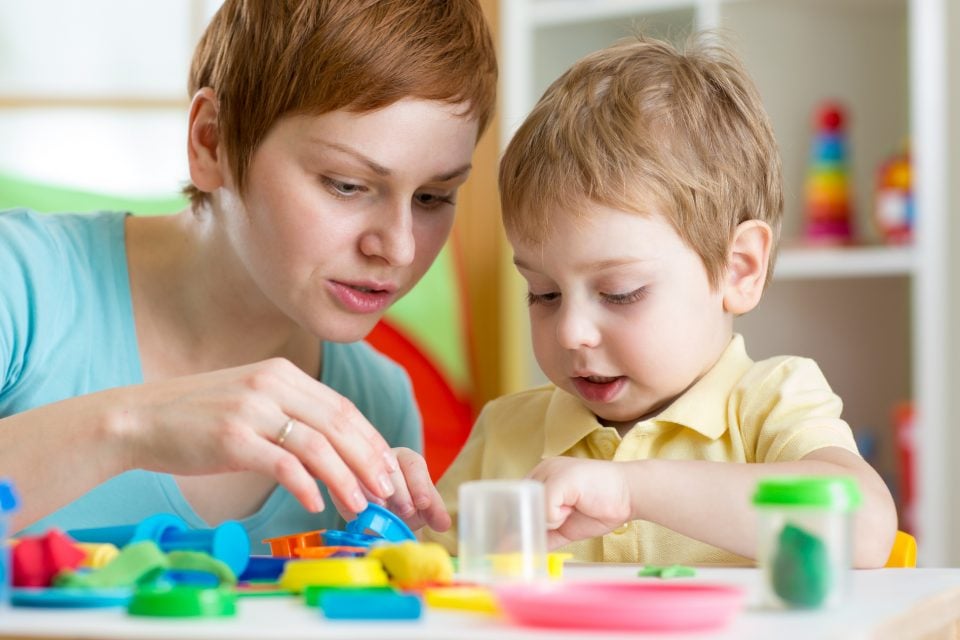Child Behavior Management
Insights into Child Psychology: Understanding Behavior
Advertisement
1. Foundations of Child Brain Research: Early Influences and Formative Achievement
Adolescent brain research covers a wide range of topics, from early childhood to adolescence. Understanding the impact of the early years on a child’s progress is crucial. From the beginning, a deep and compelling bond with a guardian (a so-called bond) is the prerequisite for a child’s sense of security and trust. As children grow, they make formative achievements in areas such as language acquisition, social communication, and critical thinking, influencing each other to shape their mental landscape.
2. The Role of Nature and Conservation: Genetic Predisposition and Natural Influences
Nature and support both play a crucial role in shaping adolescent behavior. While genetic predispositions contribute to specific traits and tendencies, climate, including the complexity of relationships, social cooperation, and social influence, intrinsically influences the transformation of psychological events in young people. By understanding this communication, parents can better understand each child’s extraordinary qualities and consider appropriate ways to support their true abilities.
3. Adolescents’ Deeper Ability to Appreciate Others: Perceiving and Processing Emotions
The ability to understand people on a deeper level, to perceive one’s own feelings, to understand, to process, and to interact with others is an important part of adolescent brain science. Training children to recognize their own feelings, express them appropriately, and understand others lays the foundation for strong social connections. Guardians and mentors can develop the ability to intrinsically value others through open communication, undivided attention, and the demonstration of survival techniques such as deep breathing and caring.
4. Behaviorism and Child Brain Science: Seizing the Prizes and Outcomes
Behaviorism, a psychological hypothesis that emphasizes the role of support and discipline in profoundly shaping behavior, has provided important knowledge for research into the adolescent brain. Encouraging feedback such as praise or rewards supports a desired lifestyle, while the consequences of negative activities provide essential growth opportunities. Adapting these methods can promote a strong and focused atmosphere that empowers children to make positive decisions.
5. Social Events: Building Friendships and Resolving Conflicts
Social development is an important part of brain science in children, including shaping the ability to form bonds, help others, and resolve conflict. Guardians and counselors can promote social progress by promoting socialization practices, demonstrating empathy, and coaching children through compromise techniques. These skills allow children to confidently explore social interactions and maintain good connections.
6. Psychological Transformation of Events: Stimulating Interest, Creativity and Critical Thinking Skills
Mental improvement includes processes such as memory, critical thinking, and innovation. Mental abilities can be improved by cultivating normal interests in teenagers through dynamic exercises and educational games. Stimulating innovative expressive skills, such as craft and story, can support creative reasoning. Additionally, guiding children through age-appropriate problems develops critical thinking skills and prepares them for future decision-making reasoning.
7. Brain Sciences and Learning Disabilities in Adolescents: Identifying and Supporting Special Needs
Childhood brain science also includes learning disorders such as dyslexia, attention deficit hyperactivity disorder, and psychological imbalances. Early recognition and mediation are critical for supporting adolescents’ learning about contrast. Tailored teaching methods, special therapies, and a stable atmosphere allow these teens to flourish academically and socially, embodying the importance of comprehensive on-the-job training.
Conclusion:
All in all, delving into the fundamentals of childhood brain research is a groundbreaking journey that will enable guardians, teachers, and parents to best help their children. By clarifying the foundations of childhood brain research, recognizing the interplay between nature and support, increasing the ability to appreciate someone on a deeper level, and cultivating transformation in psychological and social events, we are building determined, compassionate, and curious people who are prepared.
Every child is unique, and recognizing and appreciating their uniqueness is at the heart of useful brain research in children. As we continue to explore the complexities of children’s behavior, let’s take responsibility for supporting future populations. With information, compassion, and perseverance, we can create the conditions in which children can thrive, realize their true potential, and make significant contributions to the world.
FAQs:
1. Why is it important for parents and caregivers to understand children’s psychology?
Understanding child psychology is vital for parents and caregivers, as it can provide insight into a child’s emotional, social, and cognitive development. This knowledge helps create a supportive and nurturing environment that ensures the child’s overall development.
2. How can parents improve their children’s emotional intelligence?
Parents can improve their children’s emotional intelligence by encouraging open communication, actively listening to their children’s feelings, and teaching them to identify and express emotions. Furthermore, promoting empathy and learning coping strategies can greatly contribute to the development of emotional intelligence.
3. What are some effective discipline strategies based on principles of child psychology?
Effective discipline strategies include positive reinforcement for desired behavior, setting clear boundaries, and using consequences as learning opportunities. Understanding the principles of child psychology can help parents use firm but empathetic discipline techniques that promote positive behavior in their children.
4. How can parents recognize signs of learning disabilities or developmental problems in their children?
Parents should learn about developmental milestones and seek professional guidance if their child continually falls behind in achieving these milestones. Signs of a learning disability may include problems with reading, writing, or attention. Early identification and intervention are critical to supporting children facing such challenges.
5. What effect does a stimulating environment have on children’s cognitive development?
A stimulating environment filled with age-appropriate toys, books, and interactive activities can promote your child’s cognitive development. It stimulates curiosity, creativity, and problem-solving skills. Participating in activities that challenge children’s thought processes will positively impact their intellectual growth and prepare them for future learning experiences.
Trending Topics

FIT™ Platinum Mastercard® Review: Double your limit in just a few months
Unlock the path to solid financial health with FIT™ Platinum Mastercard®! Apply now and boost your credit journey!
Keep ReadingYou may also like

Find the Perfect 0% APR Card: The Best Choices Are Here!
Discover how to find the perfect 0% APR card with our comprehensive guide. Save on interest and make smarter financial choices today!
Keep Reading


